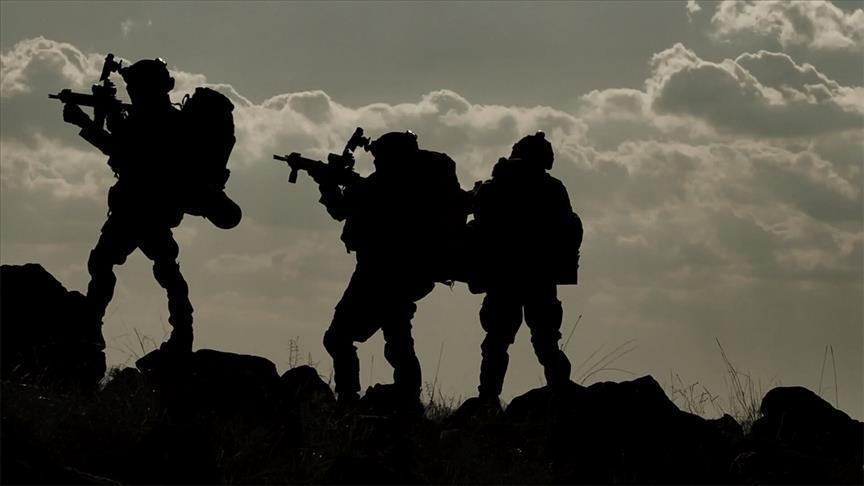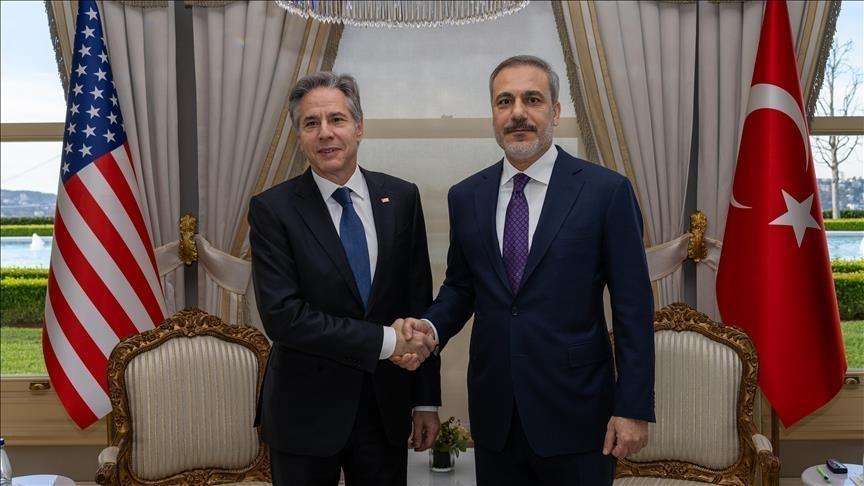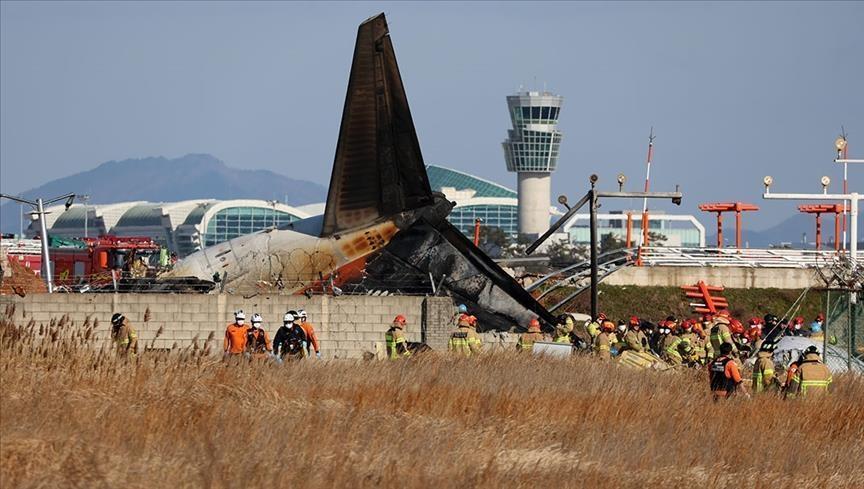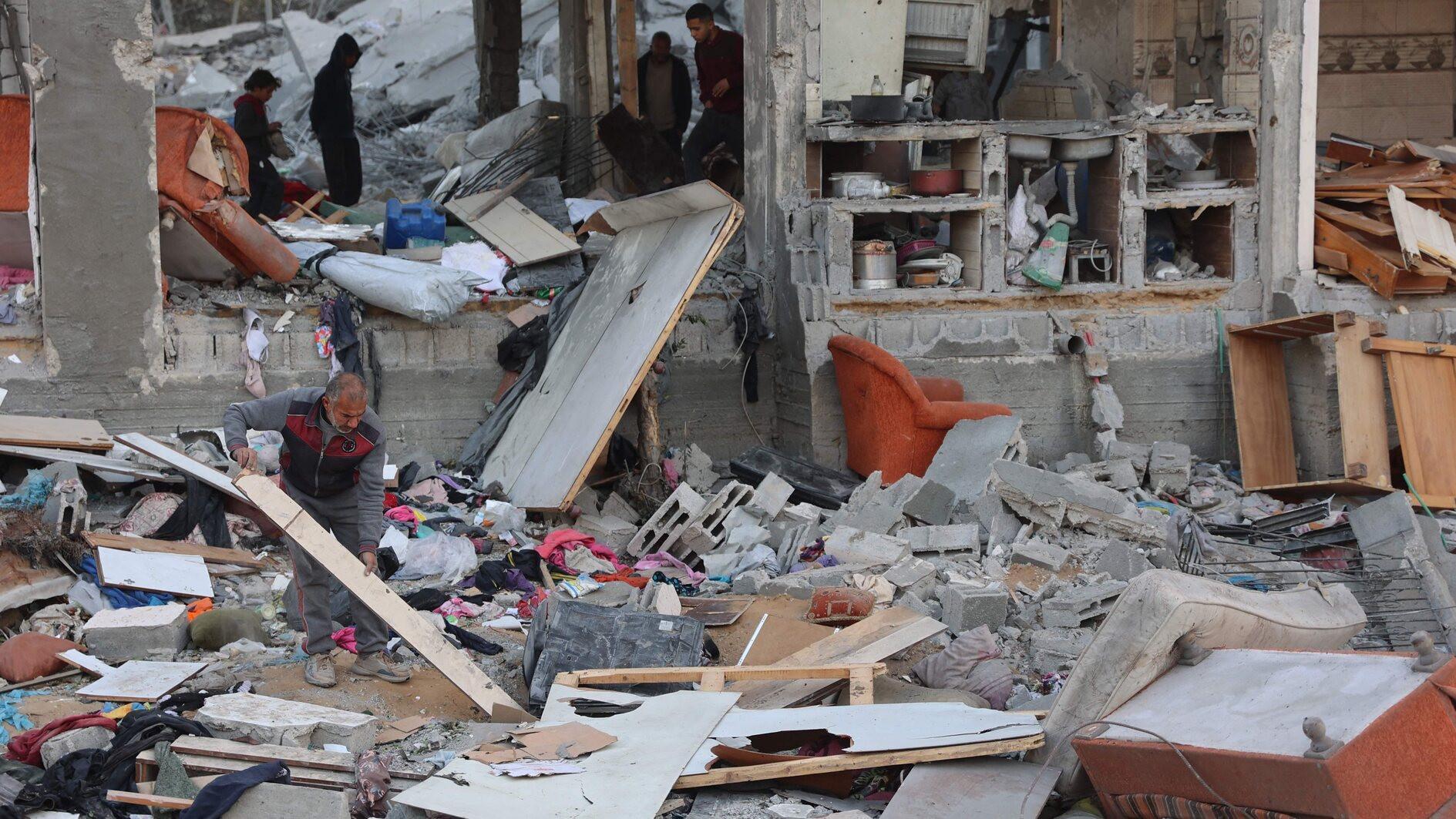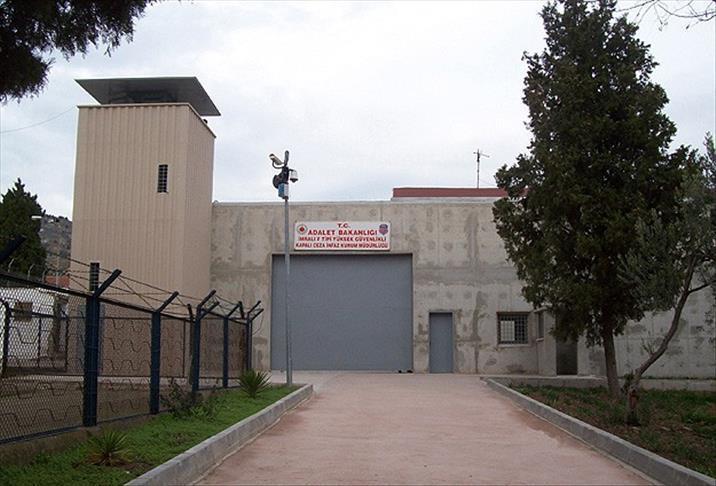Iraqis slam government over deadly wave of bombings
BAGHDAD - Agence France-Presse

An Iraqi looks at a destroyed shop following a car bomb in the Topchi neighborhood of northern Baghdad, on July 21, 2013. AFP photo
Iraqis roundly condemned the authorities on Sunday for failing to prevent a wave of deadly violence including attacks that killed dozens of people the day before.Another five people were killed in bombings on Sunday as the country struggles against a surge in violence that has plagued it since the beginning of the year.
More than 530 people have been killed in attacks so far this month, and almost 2,800 since January 1, according to AFP figures based on security and medical sources.
On Sunday, the death toll continued to mount.
In Taji, north of Baghdad, two roadside bombs exploded near an army base, killing three people and wounding at least 10.
And a bomb exploded in the garden of a house in Besmayah, southeast of the capital, killing two people and wounding four, all from the same family.
The blasts came a day after Baghdad was hit by 12 car bombs, a roadside bomb and a shooting, while another bomb blew up south of the capital. A total of 67 people were killed.
Attacks elsewhere killed another three people on Saturday.
The Baghdad attacks struck as residents turned out to shop and relax in cafes after iftar, the meal that breaks the daily fast during the Muslim holy month of Ramadan.
On Sunday, Iraqis sharply criticised the authorities for failing to prevent the bloodshed.
"This is a cartoon government and its security forces cannot protect themselves, let alone protect the people," one man said sadly near the site of one bombing in central Baghdad.
In Tobchi, a north Baghdad area hit in the Saturday attacks, another man resorted to sarcasm.
"These car bombs come to us from Mars, because the security forces are implementing strict regulations to prevent their entry here," he said.
A third slammed the aloof attitude of the political elite, who rarely comment on the spiralling violence.
"Iraqis are being protected only by God, because the politicians only care about their positions and personal interests," he said.
In the first 12 days of Ramadan, 334 people have been killed in Iraq violence.
And with 10 days still to go, July is already the second deadliest month of 2013 with a death toll significantly higher than those of January and February combined.
In May, Prime Minister Nuri al-Maliki ordered a shake-up of senior security officers, but the violence has continued unabated.
Iraq has faced years of attacks by militants, but analysts say widespread discontent among members of its Sunni minority, which the government has failed to address, has fuelled this year's surge in unrest.
Iraqi Sunnis accuse the Shiite-led government of marginalising and targeting their community, including via unwarranted arrests and terrorism charges.
Protests broke out in Sunni-majority areas at the end of 2012 and are still ongoing.
On April 23, security forces moved against protesters near the town of Hawijah in the north, sparking clashes that killed 53 people and sending tensions soaring.
More than 450 people have been killed each month from April to the present.
In addition to security problems, the government in Baghdad is also failing when it comes to other basic services including electricity and clean water, and corruption is also widespread.
Political squabbling has paralysed the government, which has passed almost no major legislation in years.


